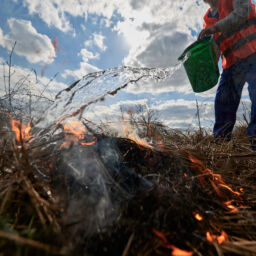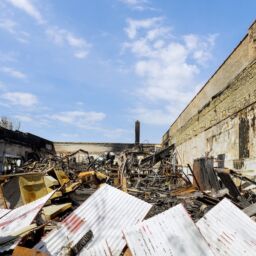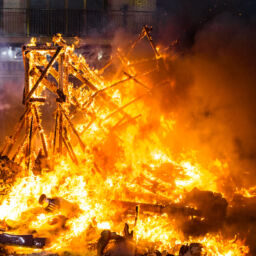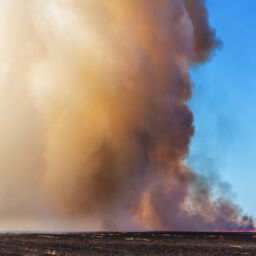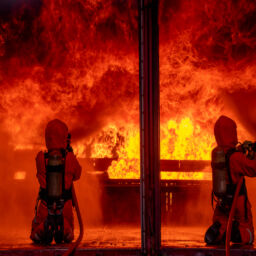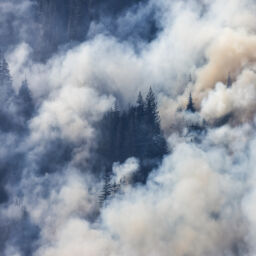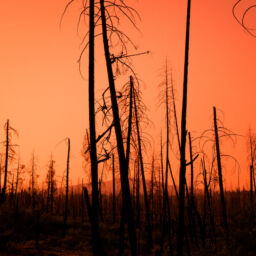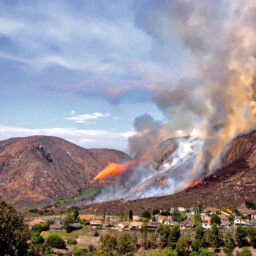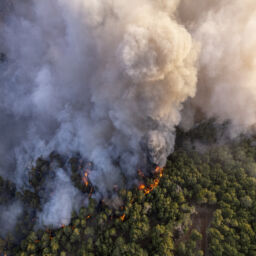A small group of residents has returned to Lahaina, Hawaii, for the first time since the town was destroyed by wildfires nearly seven weeks ago.
Some families who came back stopped for a moment of reflection. Others looked for mementoes they might want to collect, according to Darryl Oliveira, the interim administrator of the Maui Emergency Management Agency.
“They’re very appreciative to get in here — something they’ve all been waiting anxiously for,” Oliveira said. “People who haven’t been here since the fire are taken aback by the amount of and extent of the destruction.”
The prospect of returning has stirred strong emotions in residents who fled in vehicles or on foot on August 8 as wind-whipped flames raced across Lahaina, the historic capital of the former Hawaiian kingdom. Some victims were stuck in traffic, trying to escape, when the fire overtook their cars.
The wildfires killed at least 97 people and destroyed more than 2,000 buildings, most of them homes. Some survivors jumped over a sea wall and sheltered in the waves, as hot black smoke blotted out the sun.
Two people in yellow traffic vests from the Hawaii National Guard stand outside a vehicle at a checkpoint. In the foreground, a sign reads, “Enter at your own risk. Health and physical hazards exist.”
Officials urged returning residents not to sift through the ashes for fear of raising toxic dust. The first area to be cleared for reentry was a zone of about two dozen parcels in the northern part of Lahaina. Residents were allowed into the area on supervised visits between 8am and 4pm on Monday and Tuesday.
From a National Guard blockade near the burn zone, Jes Claydon has been able to see the ruins of the rental home where she lived for 13 years and raised three children. Little remains recognisable beyond the jars of sea glass that had stood outside the front door.
Claydon hoped to collect those jars and any other mementoes she might find.
“I want the freedom to just be there and absorb what happened,” Claydon said. “Whatever I might find, even if it’s just those jars of sea glass, I’m looking forward to taking it. … It’s a piece of home.”
Claydon’s home was a single-story cinderblock house painted a reddish tan, similar to the red dirt in Lahaina. A few of the walls are still standing and some green lawn remains, she said.
Those returning were given water, shade, washing stations, portable toilets, medical and mental healthcare, and transportation assistance if needed. Nonprofit groups also offered personal protective equipment, including masks and coveralls. Officials say the ash at the site could contain asbestos, lead, arsenic or other toxins.
Oliveira said officials wanted to ensure residents had space and privacy to reflect or grieve. Most journalists were confined to an area outside the burn zone where they could not see people visiting their properties.
A team of more than two dozen people from Samaritan’s Purse, a nondenominational Christian ministry, helped some people sort through what was left of their homes to find keepsakes and begin to recover, said Todd Taylor, who works with the organisation.
“It’s like losing a loved one. That’s exactly what these folks are going through,” Taylor said. “Those homeowners can talk to us about their house– ‘This is where my bedroom was and I had a nightstand here with my wedding ring,’ or ‘My grandfather’s urn was on the sink’ – those type of indicators that can help our volunteers sift through the ash and look for very specific items.”
Source: AlJazeera September 26, 2023


